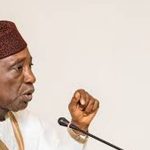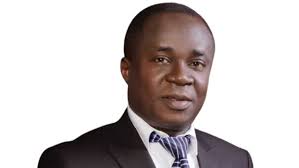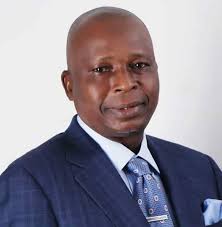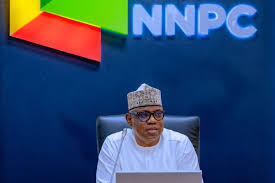‘Why Women, tech play integral roles in building movements’
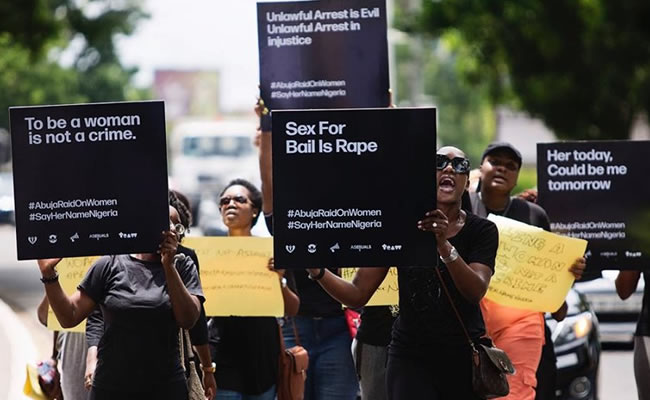
Philip Clement, Abuja
The success of most civil movements in Nigeria has been largely attributed to the resilience and upright character of women who led the campaigns.
This was the view of panellists at the TechHerNG Virtual Town Hall Meeting held to discuss “People, Technology and Movements.”
They also highlighted the critical role of technology in advancing positive causes, and held that good governance is pre-conditioned on the basis of inclusiveness.
While referencing past movements, one of the panellists, Cynthia Mbamalu, Director of Program at the youth-led YIAGA Africa, and member of the strategic team of #NotTooYoungtoRun Movement, said the success recorded by women-led movements were as a result of principles that are human-faced, hence they stay the cause without getting distracted.
ALSO READ: Shame me by ceding Presidency to S/East — Umahi dares PDP
“When women are part of a movement, they remain focused on issues; they are the livewires as well as the “think and do” component as we saw in the, Montgomery Boycott, Bring Back Our Girls, & #EndSARS protests.”
Mbamalu, emphasised that women-led “movements in Nigeria have thrived because they had intergenerational women leadership and thus, becoming globally recognised as those who stood their ground and spoke truth to power.”
On her part, Aisha Yesufu, the Co-convener of #BringBackOurGirls Movement, blamed the failing leadership in the country on lack of inclusive governance.
She said women have overtime proven themselves as “born leaders,” who are “empathetic, resilient, strategic and selfless.”
Qualities she noted are critical to becoming successful in leadership, and the reasons why women always succeed when trusted with responsibilities.
Another panellist, Chioma Ogwuegbu, a research consultant, attributed the successes of recent popular movements to the ease of mobilisation through technology.
“Crowdfunding and live streaming have become central to movement building. It is now possible to mobilise quite simply and quickly. This immediacy (of technology) makes organising movements much easier,” she said.
On the federal government’s planned clampdown on social media, Gbenga Sesan of Paradigm Initiative, berated the agenda as counter-productive, warning that such misadventure will hurt the nation even more.
“The government attempting to shut down the internet only creates more problems for it through the black market of information that cannot be muzzled.
“What we need are laws that can help us seek and gain redress when our rights are infringed upon,” he noted.
Citizens participation in governance also came to the fore. Rotimi Olawale of Youth Hub Africa, in highlighting this said there is the need to encourage and mobilise more people to participate in the electoral system through the use of technology. He charged the citizens to use the power of digital technology to check and monitor electoral frauds.
Yemi Adamolekun of EiE Nigeria echoed the thought. She posited that changing the narratives for all citizens needs a conscious determination and staying power to make change happen.
“Until the hunted can write their stories, the narratives will always favour the hunter. This means we need to be more intentional about using technology to tell the stories of women,” she charged.
She added: “Democracy is about the people. If it’s not inclusive then it cannot be called democracy. This includes young people, women and people living with disabilities.”
Despite the gloomy present, the panellists are optimistic of a better future for Nigeria as summarised by Odun Eweniyi, Co-founder of PiggyVest.
“In these charged times, we cannot look back, we can only look forward as more young Nigerians find their voices which we must channel to accomplish change,” she said.
Earlier in his remarks, the Chief Executive of Connected Development, Hamzat Lawal, said the TechHerNG Town Hall presents an important opportunity to document these women led movements for posterity. He also noted that such documentation will serve to remind governments of the enormous power of citizens to hold them to account.
All the panellists agreed that technology would largely influence the participation of youth in the 2023 elections whether in the selection of candidates or in mobilisation of youth to the polling booths. Executive Director of TechHerNG, Chioma Agwuegbo in her closing remarks, admonished participants to never stop speaking, that “our voices matter.”
People, Technology, and Movements was organised by TechHerNG in collaboration with SilverChip Fox Consulting, and supported by Connected Development (CODE). The panels were moderated by Maryam Laushi and Ndi Kato.


